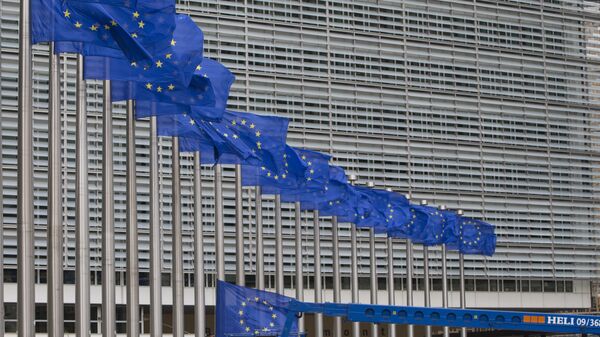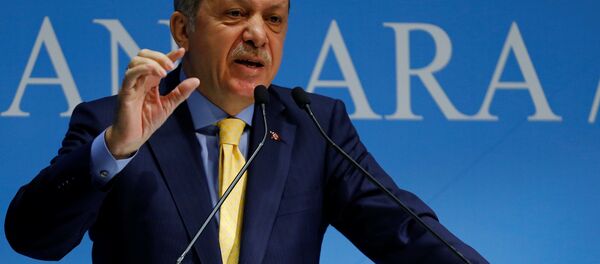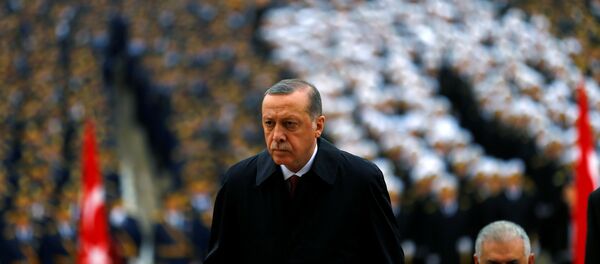"I would like to point out that the idea behind this report is not really friendly… It is a biased report, which could affect [negatively] Turkey's uphill fight against terrorism in diplomatic terms," Kurtulmus said, as cited by the Daily Sabah newspaper.
Kurtulmus also expressed his astonishment to the remarks made by European Parliament President Martin Schulz, in which he implied that the European Union was considering sanctions on Turkey over the wave of arrests of opposition politicians, journalists and activists in the country after July's failed coup.
In 1963, Turkey signed an association agreement with the then-European Community, and submitted a membership application in 1987. Talks about Ankara's membership of the European Union began in 2005. The negotiations on Turkish EU membership have been repeatedly suspended due to the Cyprus dispute and Turkey's record of denying press freedom, among other obstacles.
On July 15, a military coup attempt took place in Turkey. It was suppressed the following day. Over 240 people were killed during the thwarted coup and an estimated 2,000 were wounded. Ankara accused Islamic preacher Fethullah Gulen, who has been living in the United States since 1999, of playing a key role in the coup. Since July Turkey has arrested hundreds of military personnel, activists and journalists on suspicion of links with Gulen.
On November 3, Turkish Foreign Minister Mevlut Cavusoglu warned that Ankara would scrap the EU-Turkey agreement on the migrant issue if Turkish nationals did not get visa-free access to EU borderless Schengen Area by the end of the year, thus triggering EU states' concerns over the possibility of a new wave of migrants.



